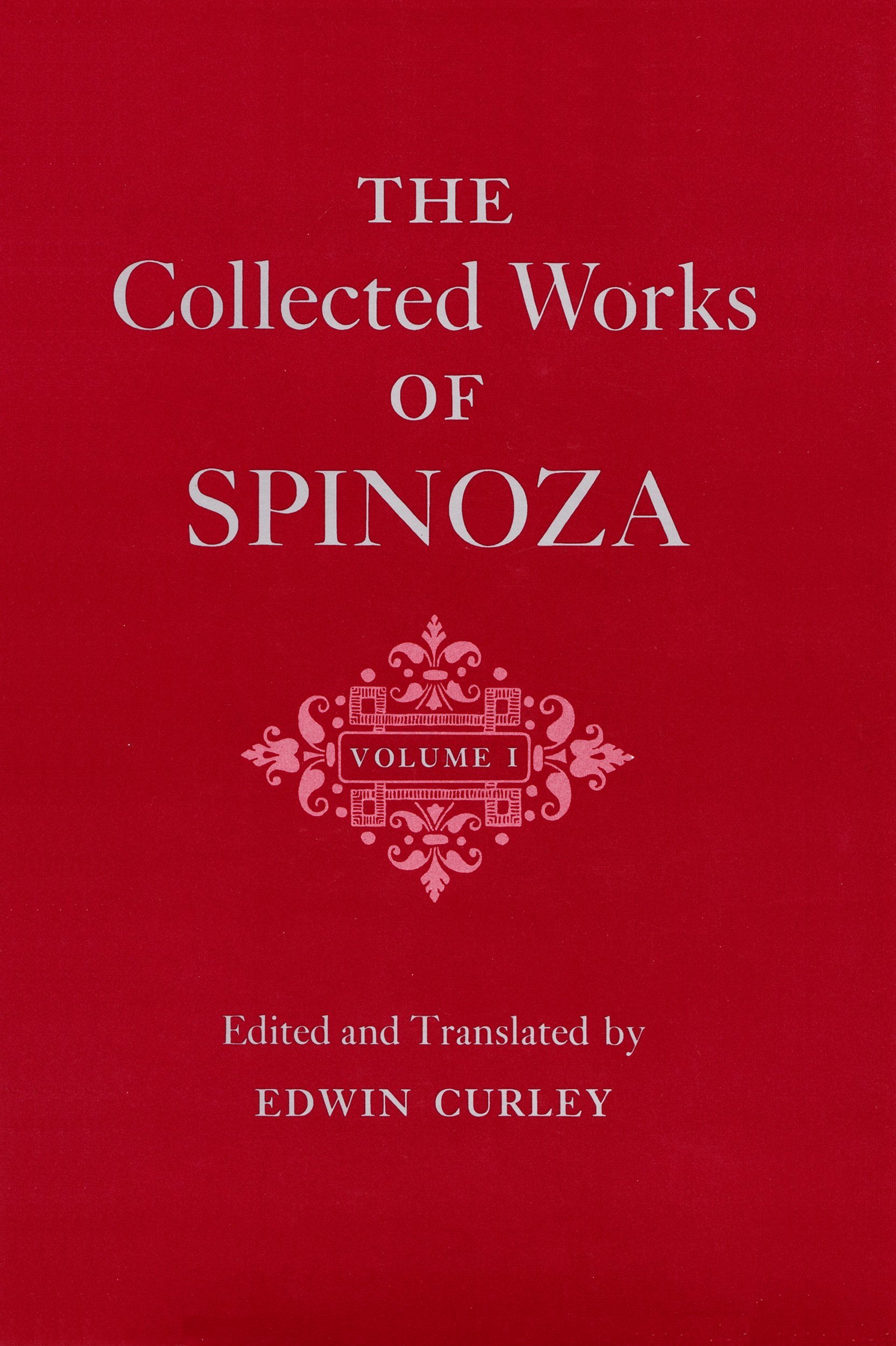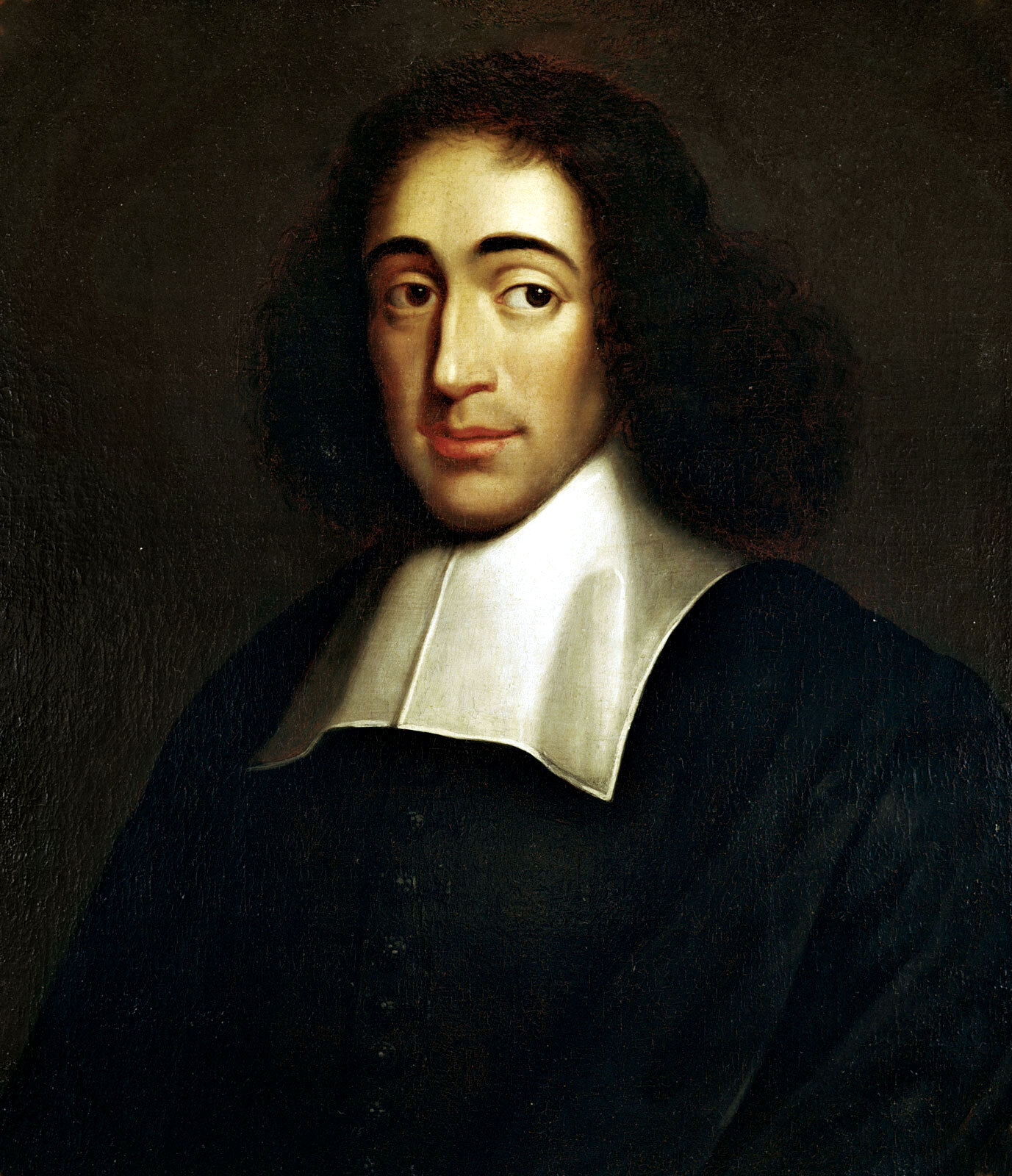
The Collected Works of Spinoza provides, for the first time in English, a truly satisfactory edition of all of Spinoza's writings, with accurate and readable translations, based on the best critical editions of the original-language texts, done by a scholar who has published extensively on the philosopher's work. This first volume contains Spinoza's single most important work, the Ethics, and four earlier works: the Treatise on the Emendation of the Intellect, the Short Treatise on God, Man, and His Well-Being, Descartes' "Principles of Philosophy," and Metaphysical Thoughts. Also included are Spinoza's letters from the periods when these works were being written. The elaborate editorial apparatus—including prefaces, notes, glossary, and indexes—assists the reader in understanding one of the world's most fascinating, but also most difficult, philosophers. Of particular interest is the glossary-index, which provides extensive commentary on Spinoza's technical vocabulary. A milestone of scholarship more than forty-five years in the making, The Collected Works of Spinoza is an essential edition for anyone with a serious interest in Spinoza or the history of philosophy.
Author

Baruch Spinoza, often Benedictus de Spinoza, was a Dutch philosopher. The breadth and importance of Spinoza's work was not fully realized until many years after his death. By laying the groundwork for the 18th-century Enlightenment and modern biblical criticism, including modern conceptions of the self and, arguably, the universe, he came to be considered one of the great rationalists of 17th-century philosophy. His magnum opus, the posthumous Ethics, in which he opposed Descartes' mind–body dualism, has earned him recognition as one of Western philosophy's most important thinkers. In the Ethics, "Spinoza wrote the last indisputable Latin masterpiece, and one in which the refined conceptions of medieval philosophy are finally turned against themselves and destroyed entirely." Philosopher Georg Wilhelm Friedrich Hegel said of all contemporary philosophers, "You are either a Spinozist or not a philosopher at all."